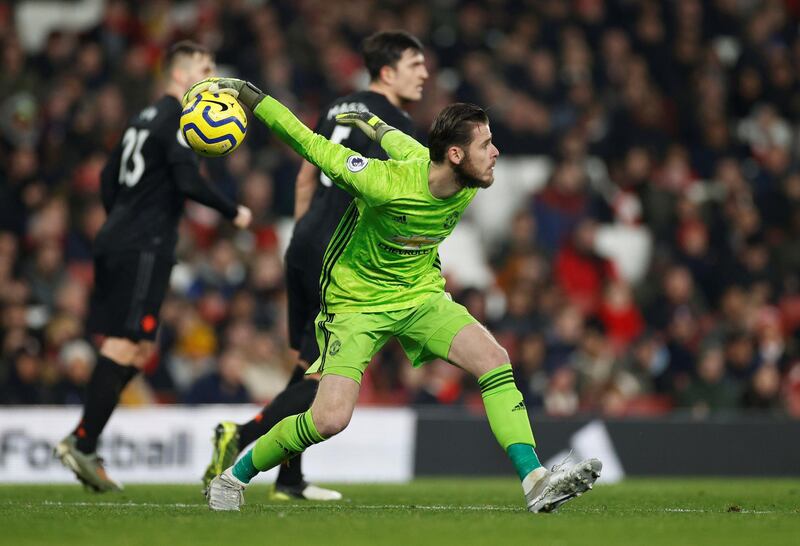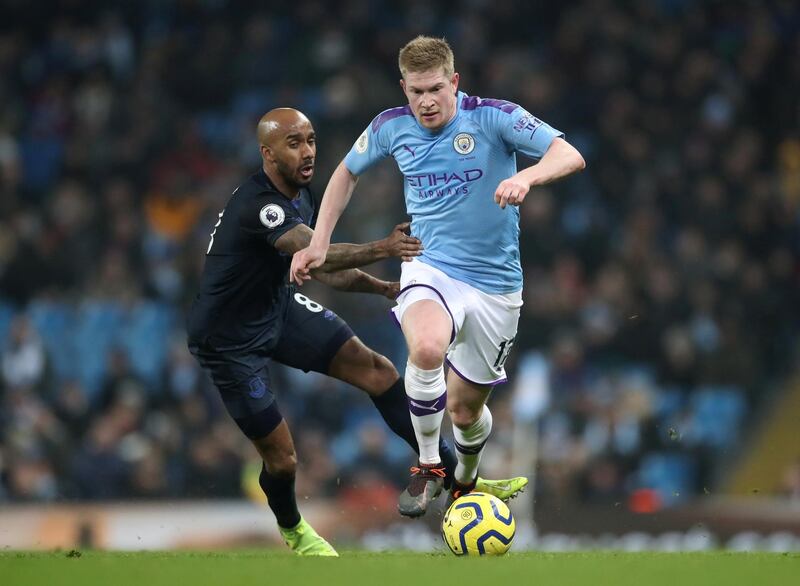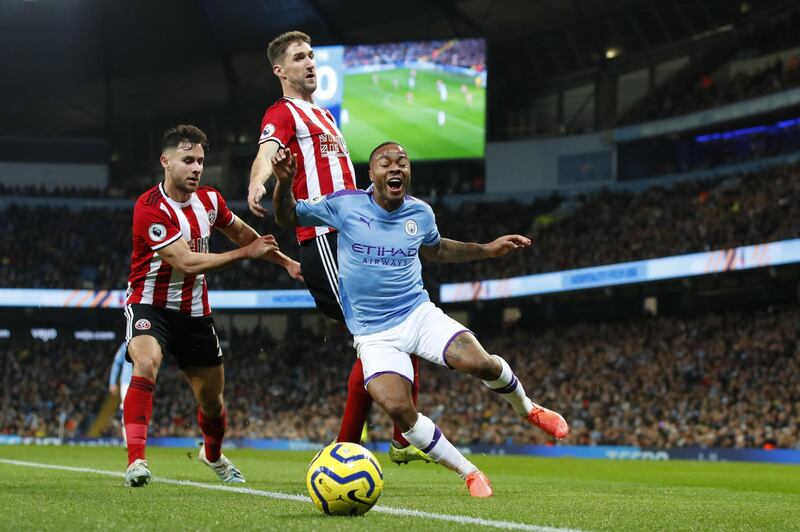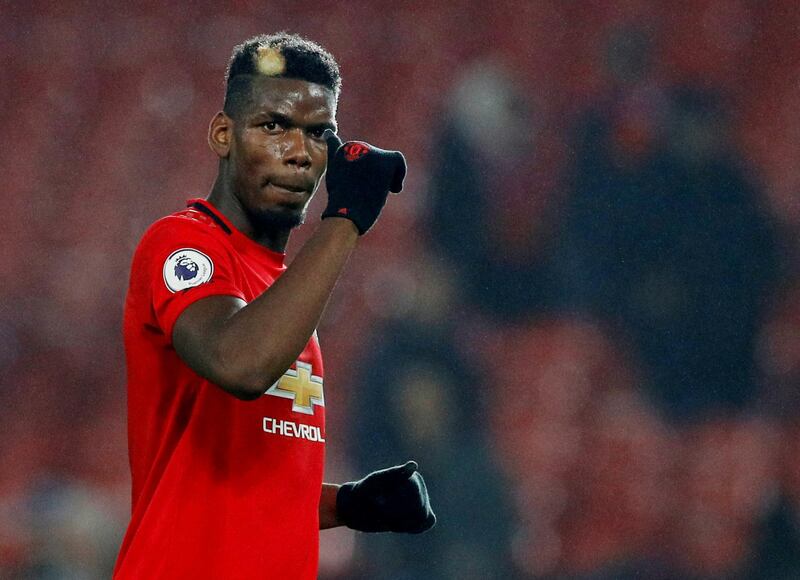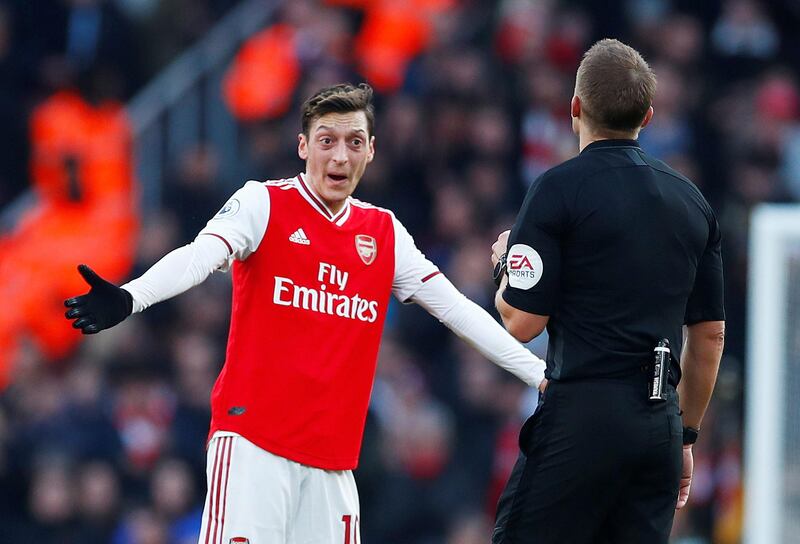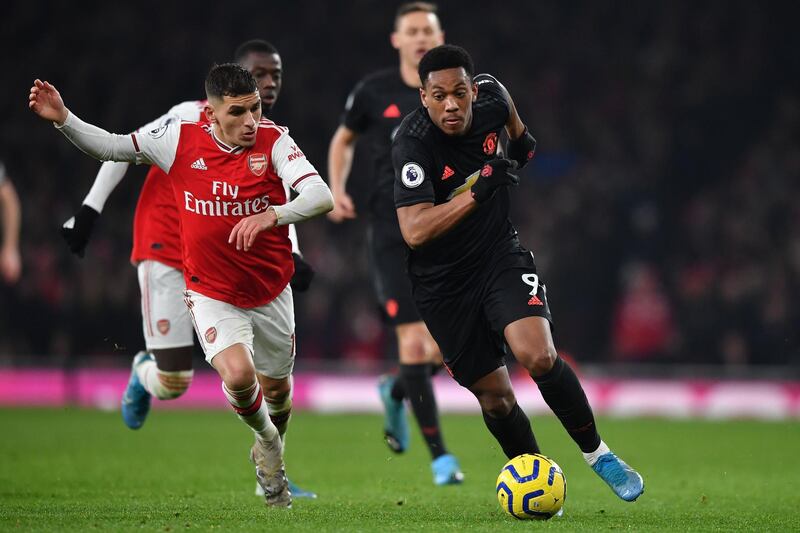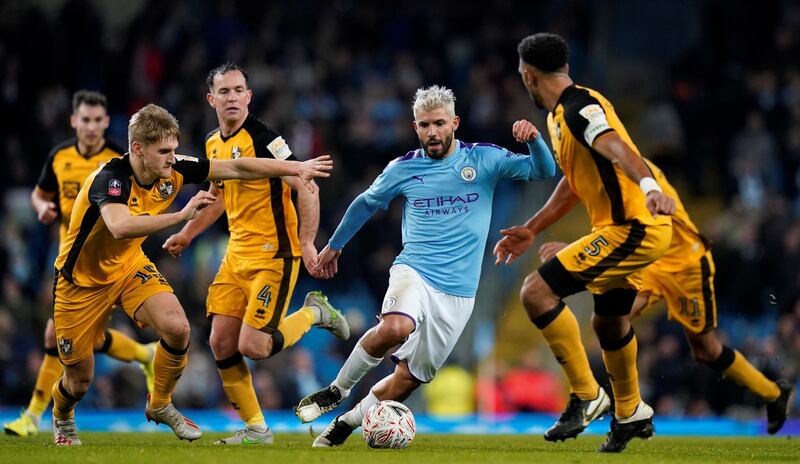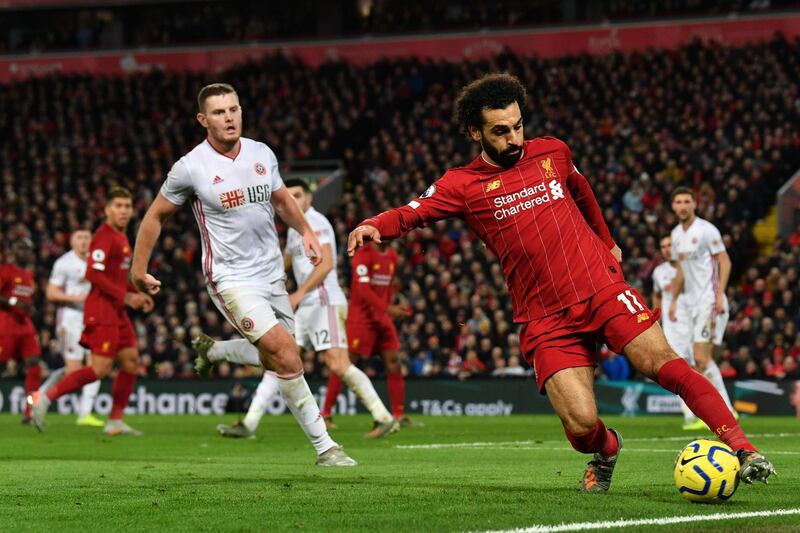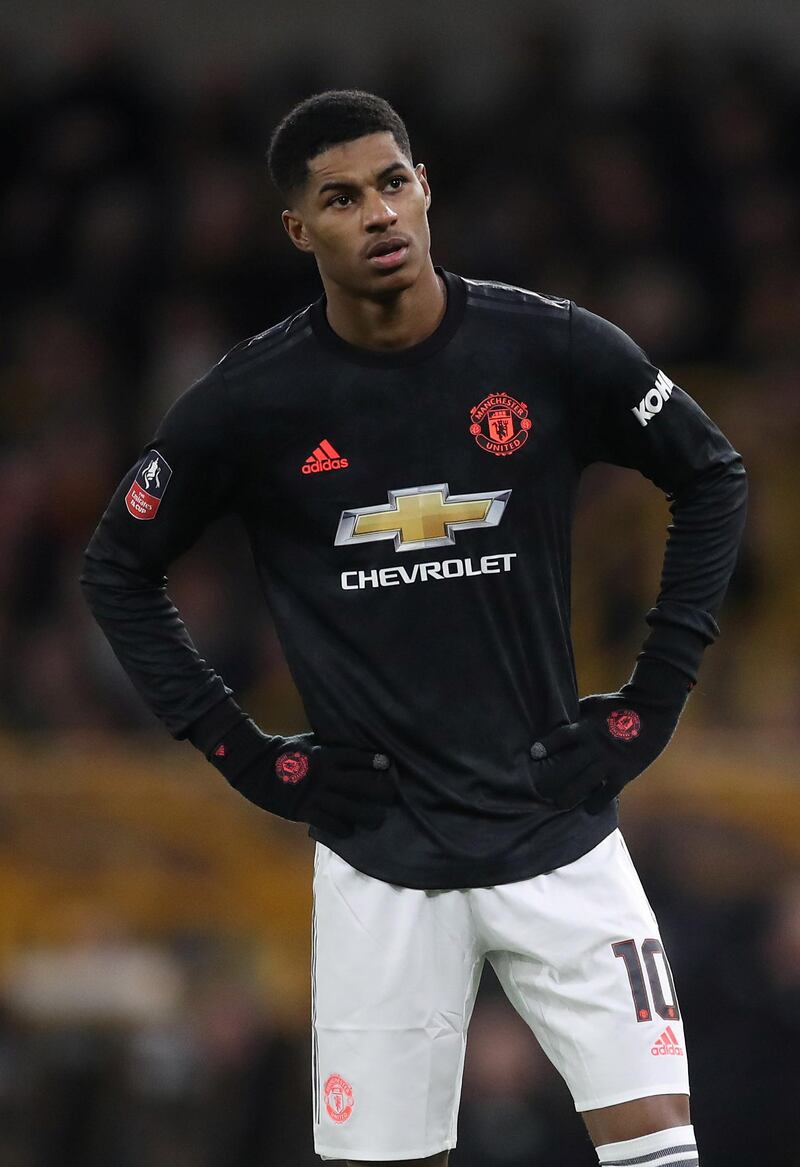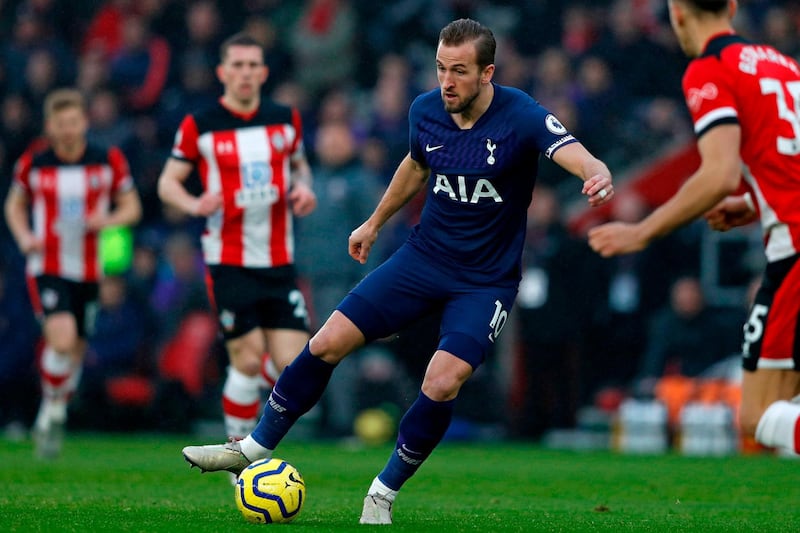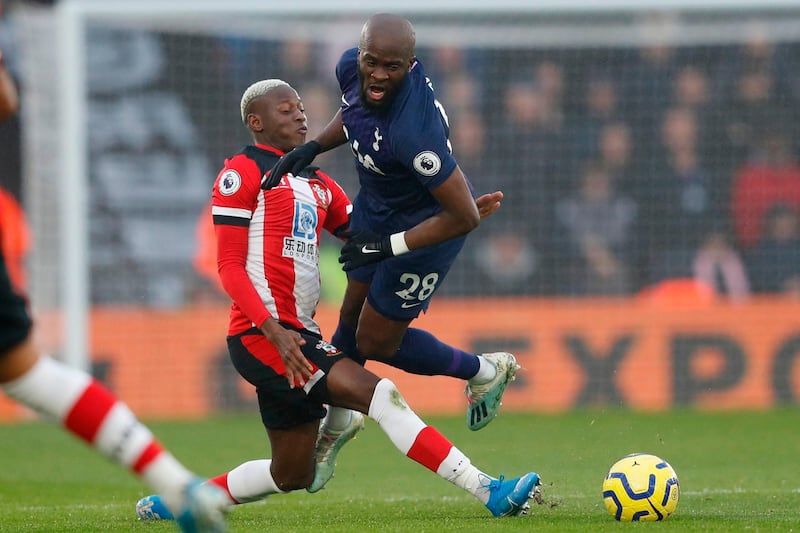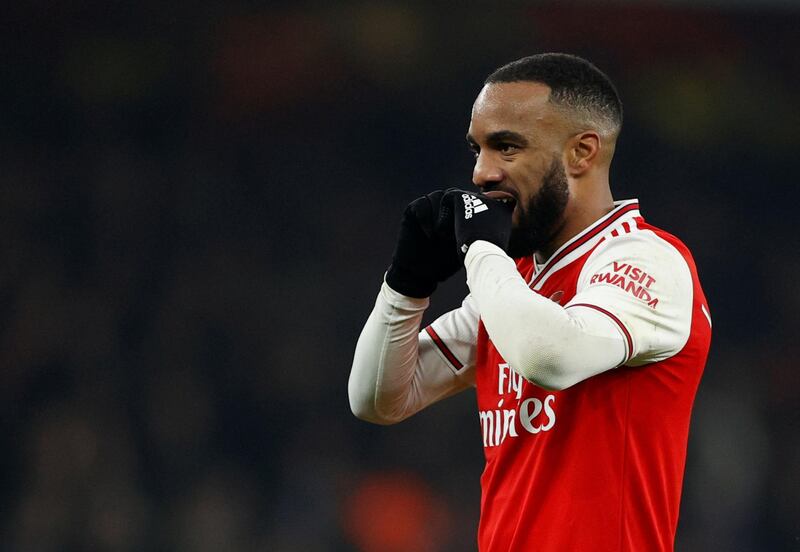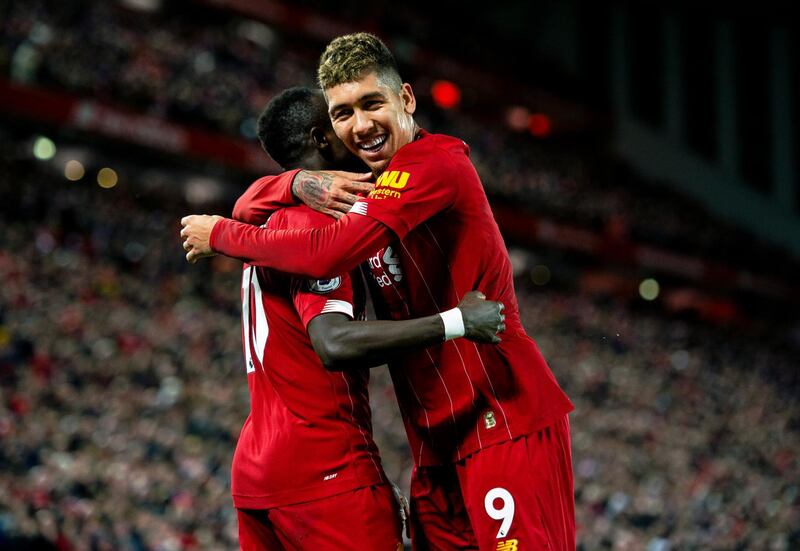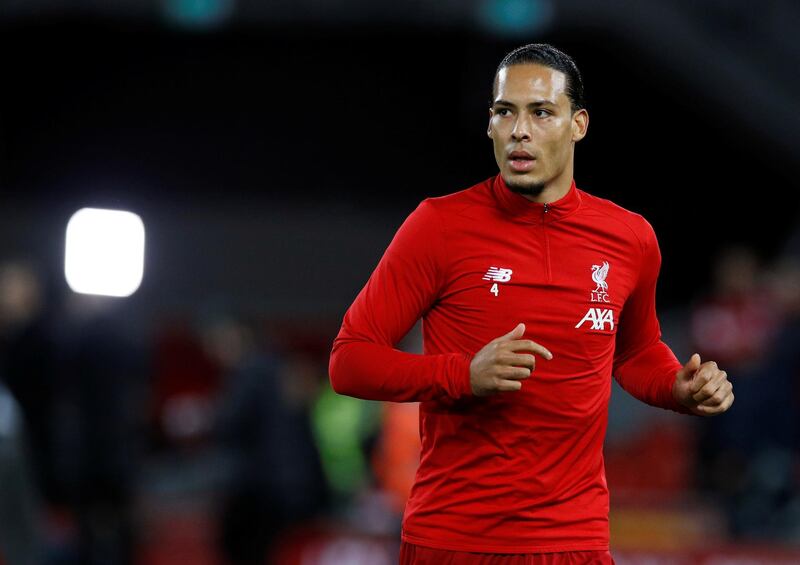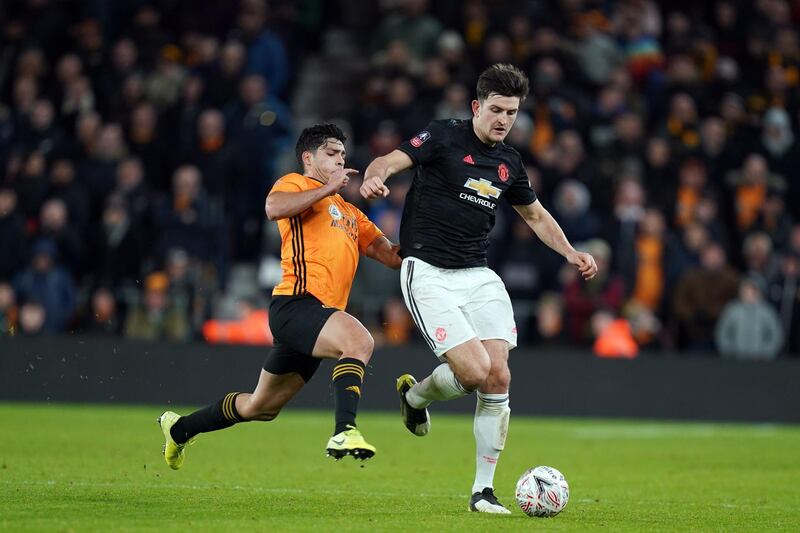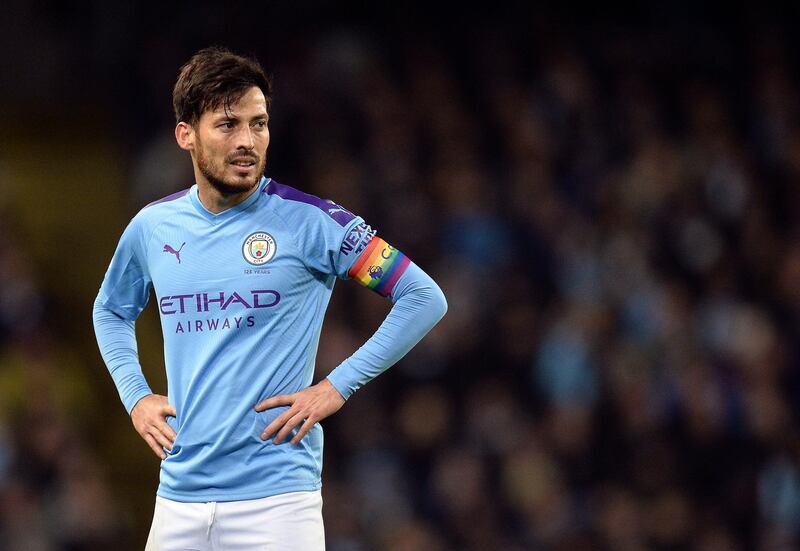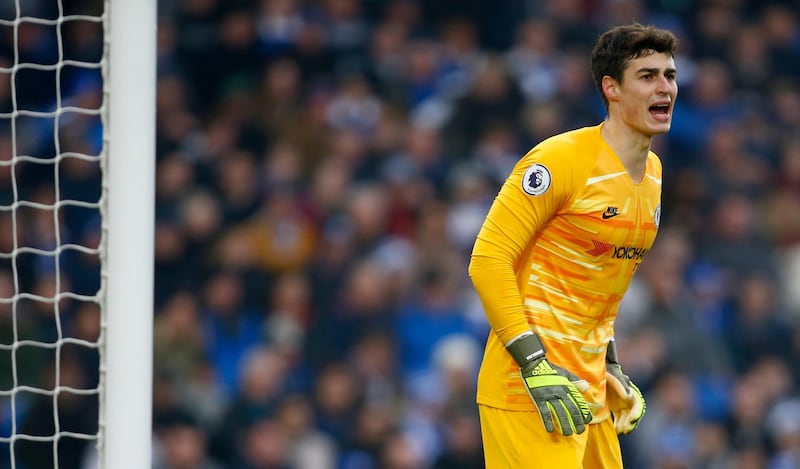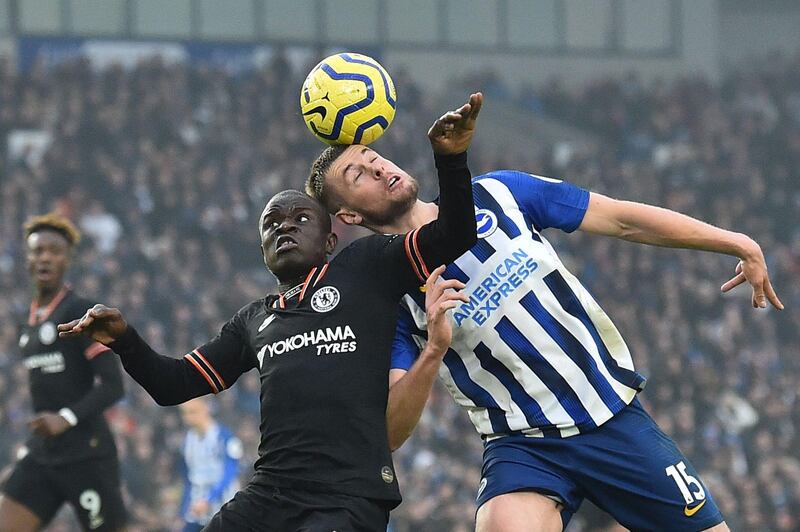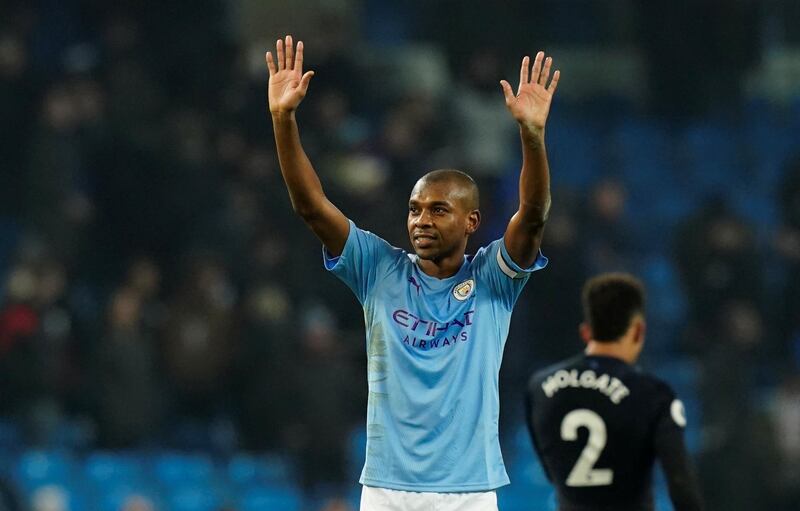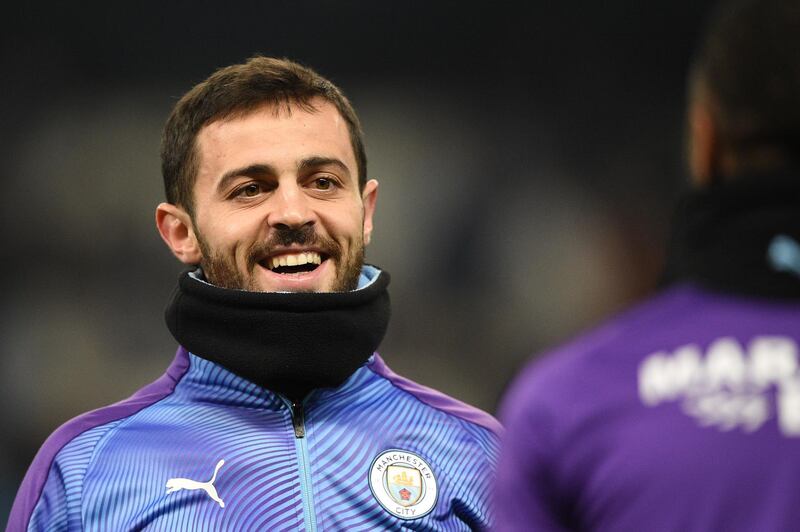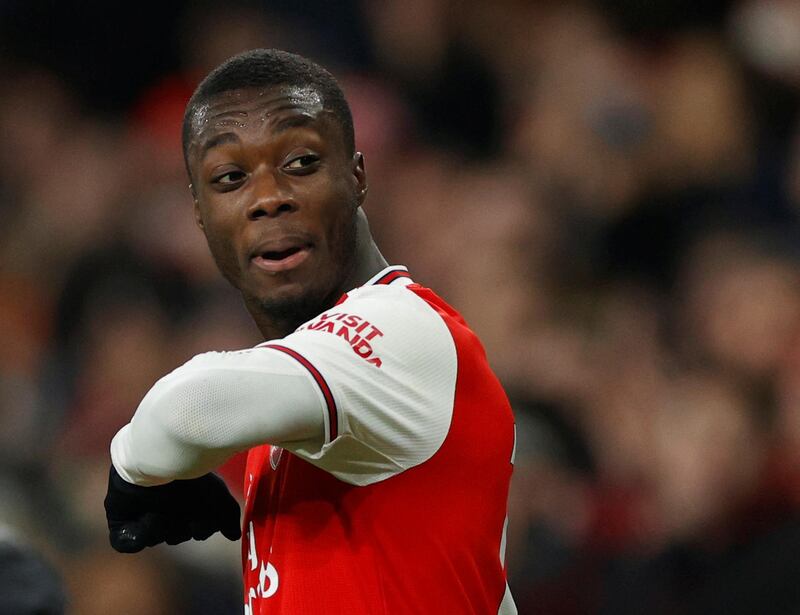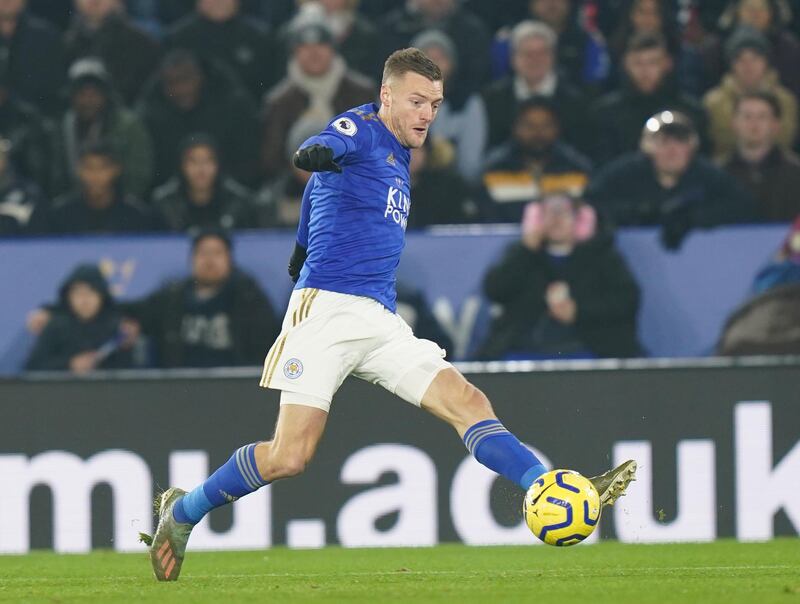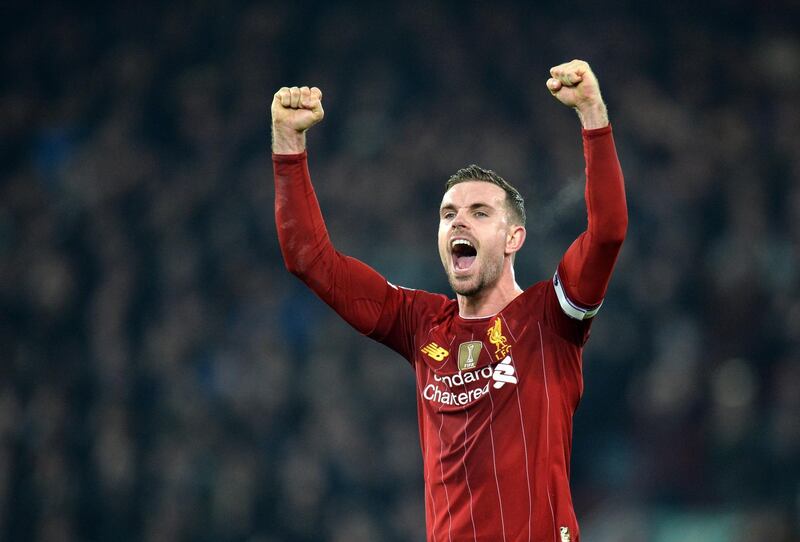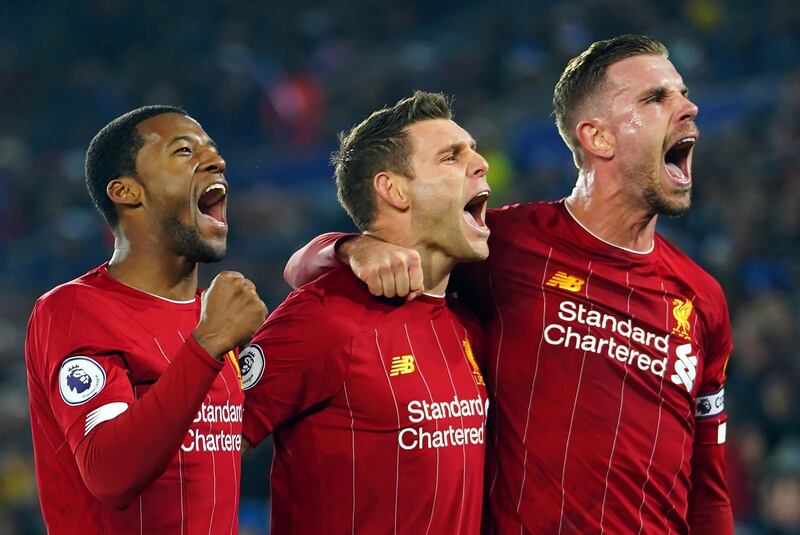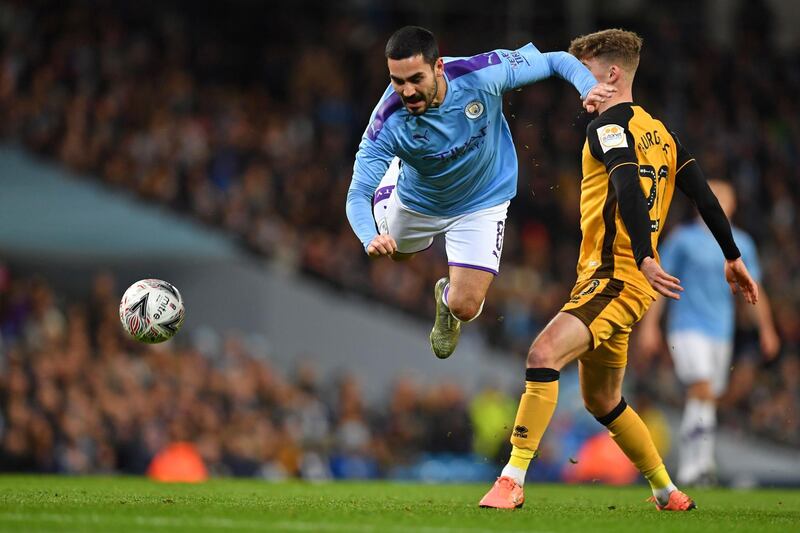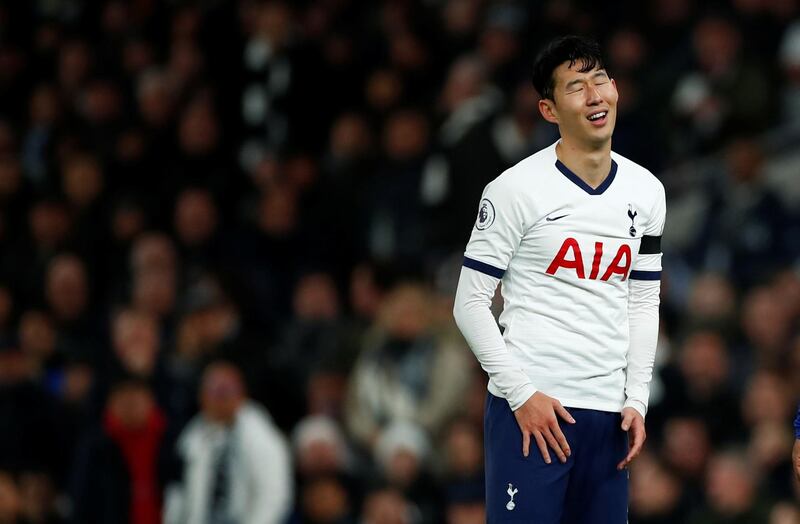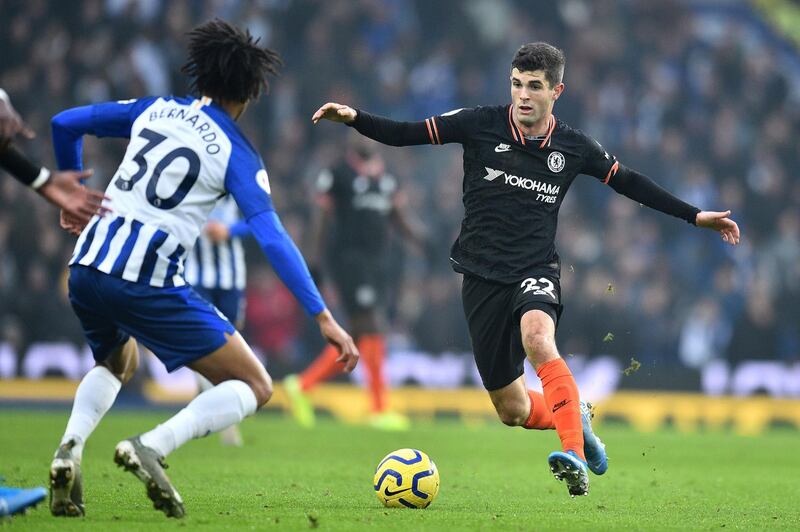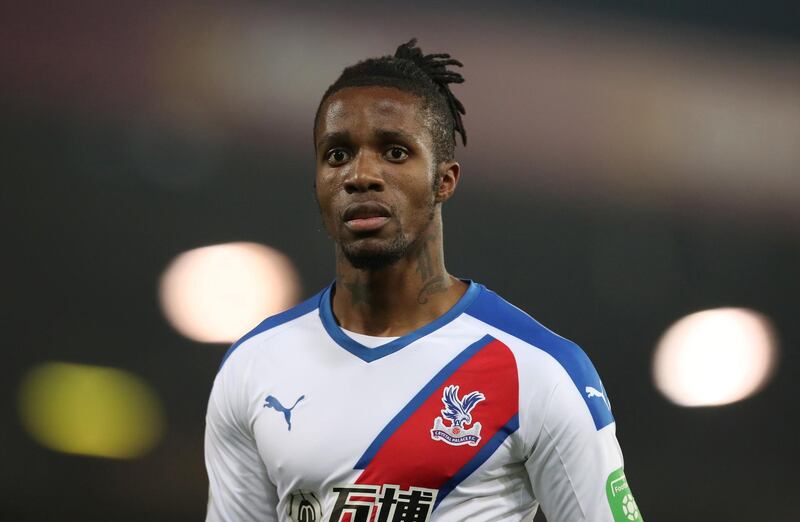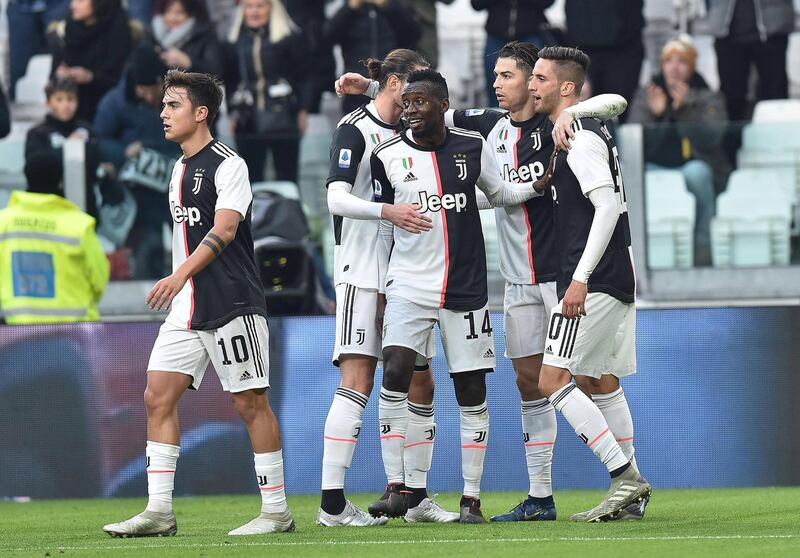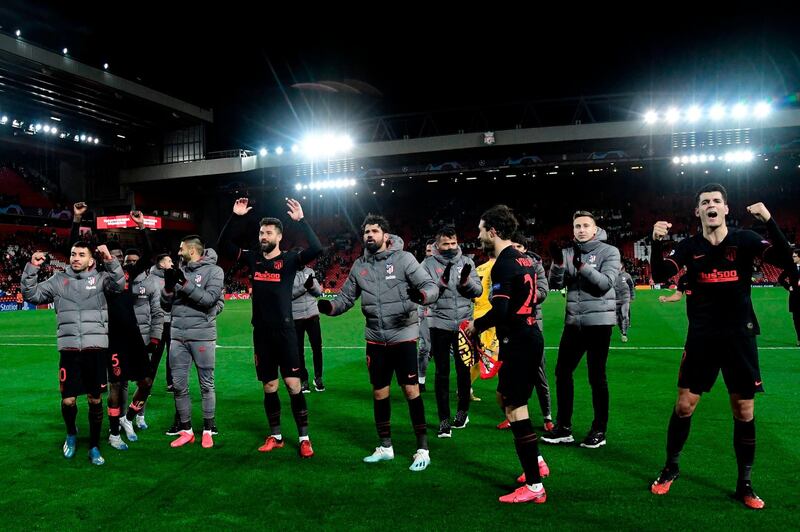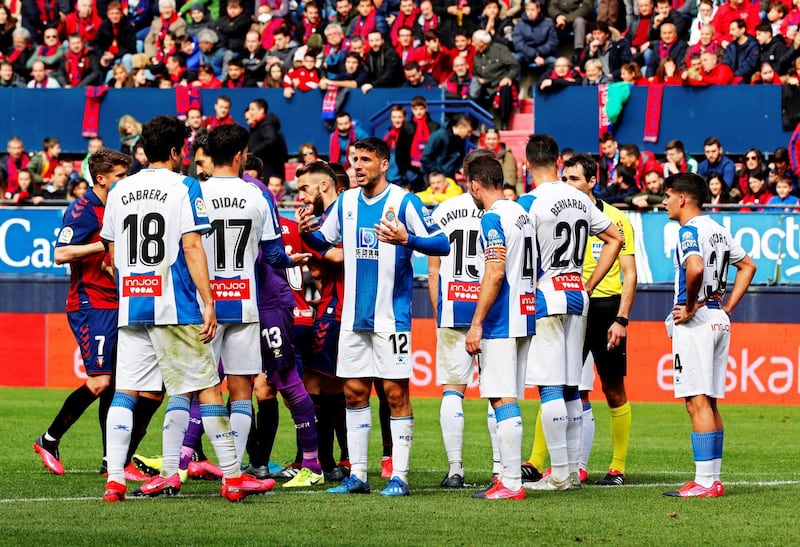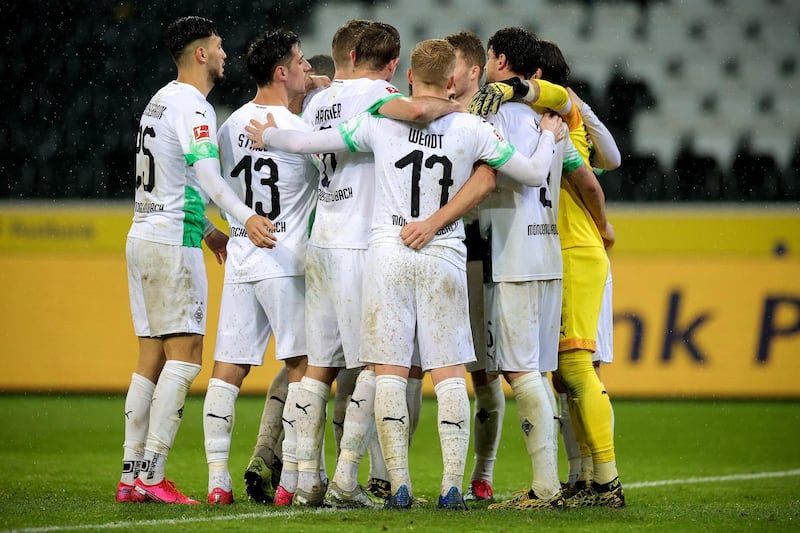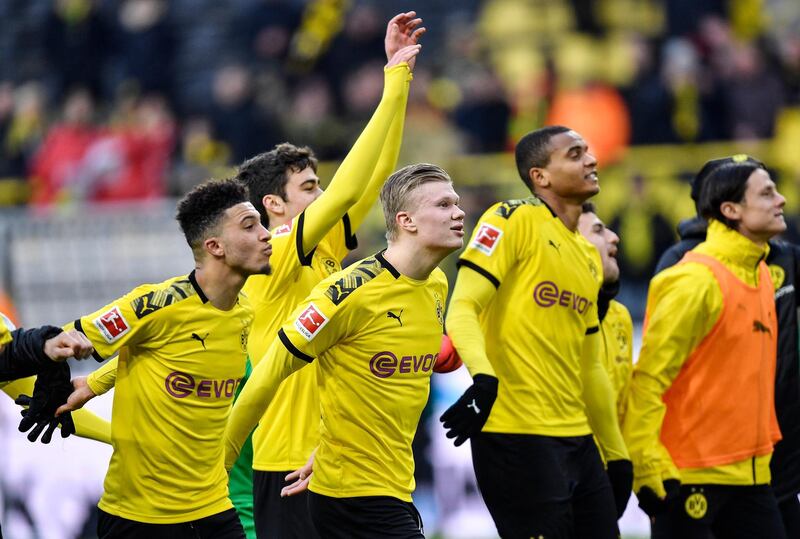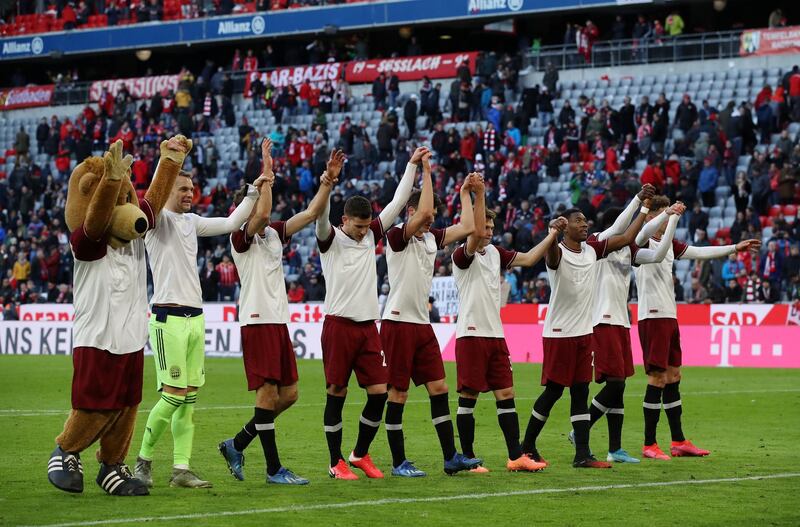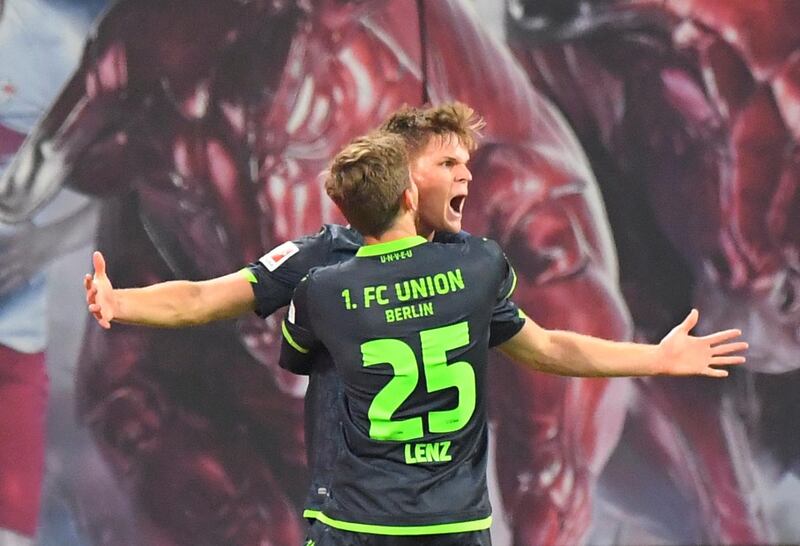The wealthiest league in the world’s richest sport began to tighten its belt on Wednesday, with players from the English Premier League reconciling themselves to reduced salaries while the Covid-19 crisis continues to close down professional football.
England’s top-flight clubs are seeking an across-the-board, collective agreement that will substantially ease their wage bills.
The Premier League, where the last round of fixtures were played over March 7 and 8, boasts the highest broadcast revenues of any domestic competition and while that income remains - it would be threatened if the current season were not to finish - most club finances are relatively sturdy.
But with the most successful clubs across Europe already imposing or negotiating substantial player salary cuts or deferrals, English football is under pressure to follow suit, with club chairmen and CEOs hopeful of agreeing a plan with the players' union as early as the end of this week.
Signs that even the Premier League is feeling the pinch will resonate across the world game.
The wealth of leading English clubs has made them great importers of talent from abroad, and, as the game in continental Europe faces up to long-term cost-cutting as a result of the Covid-19 closedown, English football’s market would be the first-choice destination for outgoing transfers of footballers with the kinds of price-tag that could alleviate debts or of players with salaries that are too high to maintain.
But as one Premier League chairman, Brighton’s Paul Barber, warned: “People think the football industry, and particularly the Premier League has got a lot of cash.
"In many cases, it’s a bit of a myth,” Barber told the BBC.
Tottenham Hotspur chairman, Daniel Levy, who this year oversaw Spurs’ leap from 10th to 8th place in the respected Deloitte ranking of the game’s biggest earning clubs by revenue, said he expects “players and coaches to [do] their bit for the football ecosystem”.
He effectively presented Tottenham’s players, who in the last year were paid a combined £179 million (Dh814m), with a close-up example of that ecosystem.
______________________
Barcelona, Juventus and other major clubs introducing wage cuts
Levy announced that all Spurs' non-playing employees, who make up a staff of more than 500, would see their salaries cut by 20 per cent this month. The caterers, security guards and cleaners whom Spurs players meet on daily basis will be one fifth poorer; the high-earning footballers are expected to recognise that and make similar sacrifices.
Levy also cited the precedents from major European leagues. “We have seen some of the biggest clubs in the world, such as Barcelona, Bayern Munich and Juventus take steps to reduce their costs,” said the Spurs chairman.
Barcelona players will, for the remainder of the shutdown, earn only 28 per cent of their basic salaries after agreeing on a plan that captain Lionel Messi described as "a solution to truly help the club".
Barcelona, No 1 in Deloitte’s latest revenue ranking, had previously indicated they were ready to trigger a device, an ERTE, which under Spanish law allows companies to reduce salaries by up to 70 per cent in exceptional economic circumstances, as a temporary protection against possible collapse.
Messi and the players accepted a 70 per cent cut, and also ceded a further two per cent of their salaries, at their own initiative, to ensure that non-playing staff at the club would continue to be paid 100 per cent of their wages.
Bayern, meanwhile, agreed a 20 per cent cut across their first-team squad and Juventus have settled on a plan with their players that will save the club an estimated 30 percent of their wage bill.
The agreement covers March, April, May and June salaries, if necessary, an indication that in southern Europe, where the rate of coronavirus contagion is highest and the restrictions on people's movement the most rigid, a far longer delay to the possible resumption of the season than originally forecast is expected.
Uefa, European football’s governing body, held a conference-call meeting with representatives of its 55 countries yesterday, and outlined possible schedules, prioritising the completion of domestic championships even if that means matches being played behind closed doors and beyond the end of June.
That date is crucial to the financial structure of the sport. Player contracts which expire at the end of the season will almost all do so on June 30. Players' unions are being urged to have their members agree unilateral extensions if the 2019-20 season extends beyond that date.
As for the next window for the transfer market, that will almost certainly be postponed if the club season is still going on into July.
Quite what trading in that market will look like is uncertain, but the sorts of sums involved in transfer fees, and the average salaries offered to new signings, will be lower than usual.
The football ecosystem, as Spurs’s Levy called it, does not bounce back easily from a period of unscheduled inactivity.
